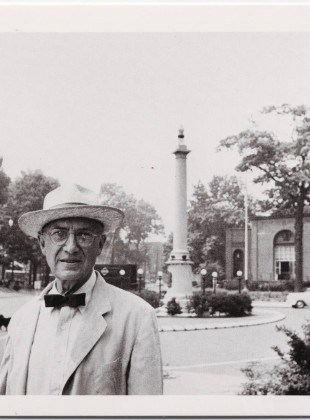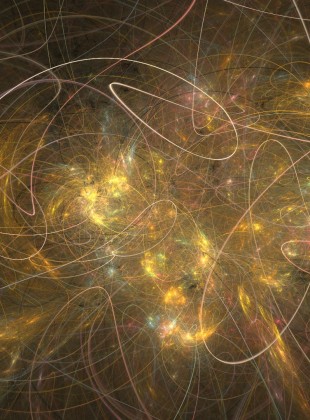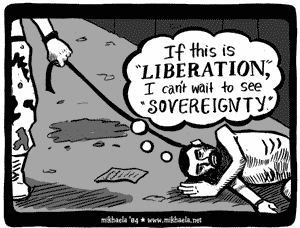Poem/CounterPoem: Williams
Poem This installment draws down against William Carlos Williams’s Spring and All, specifically, XXI: “The Red Wheelbarrow”. You know this. so much depends upon a red wheel barrow glazed with rain water beside the white chickens. and so: CounterPoem define this(object) (reference self whole) or (reference not that) define was(subject object) (is past tense) or (used […]











